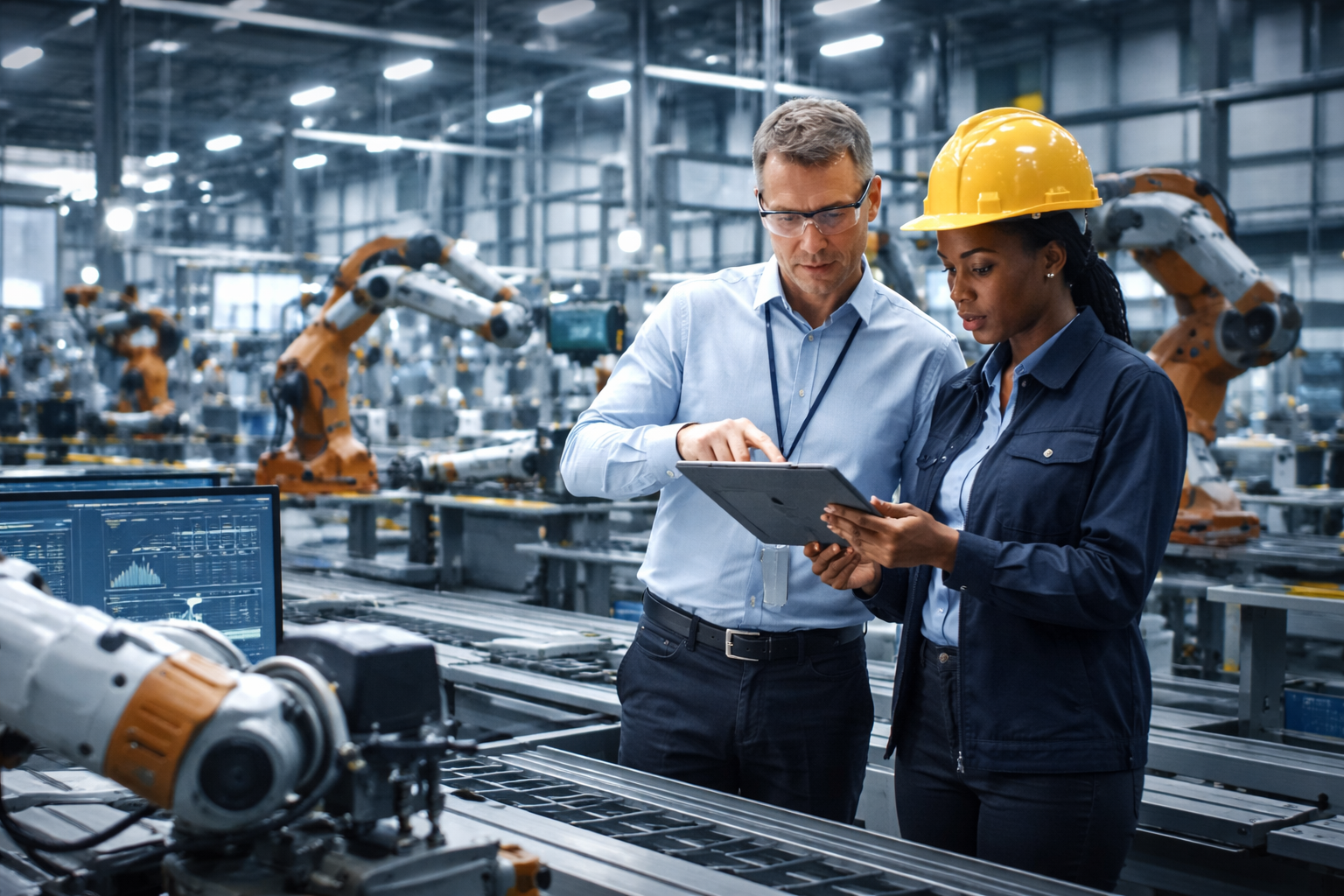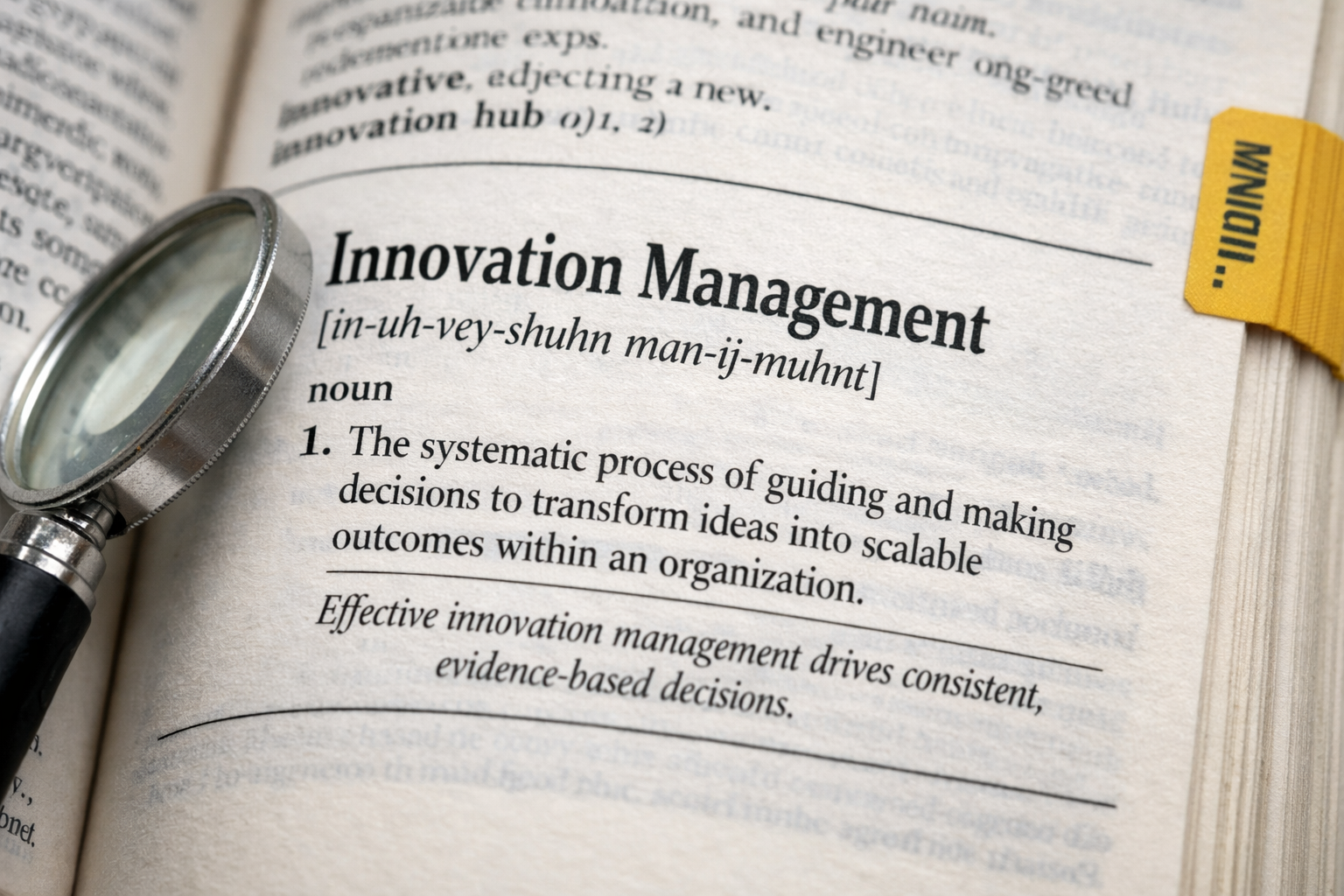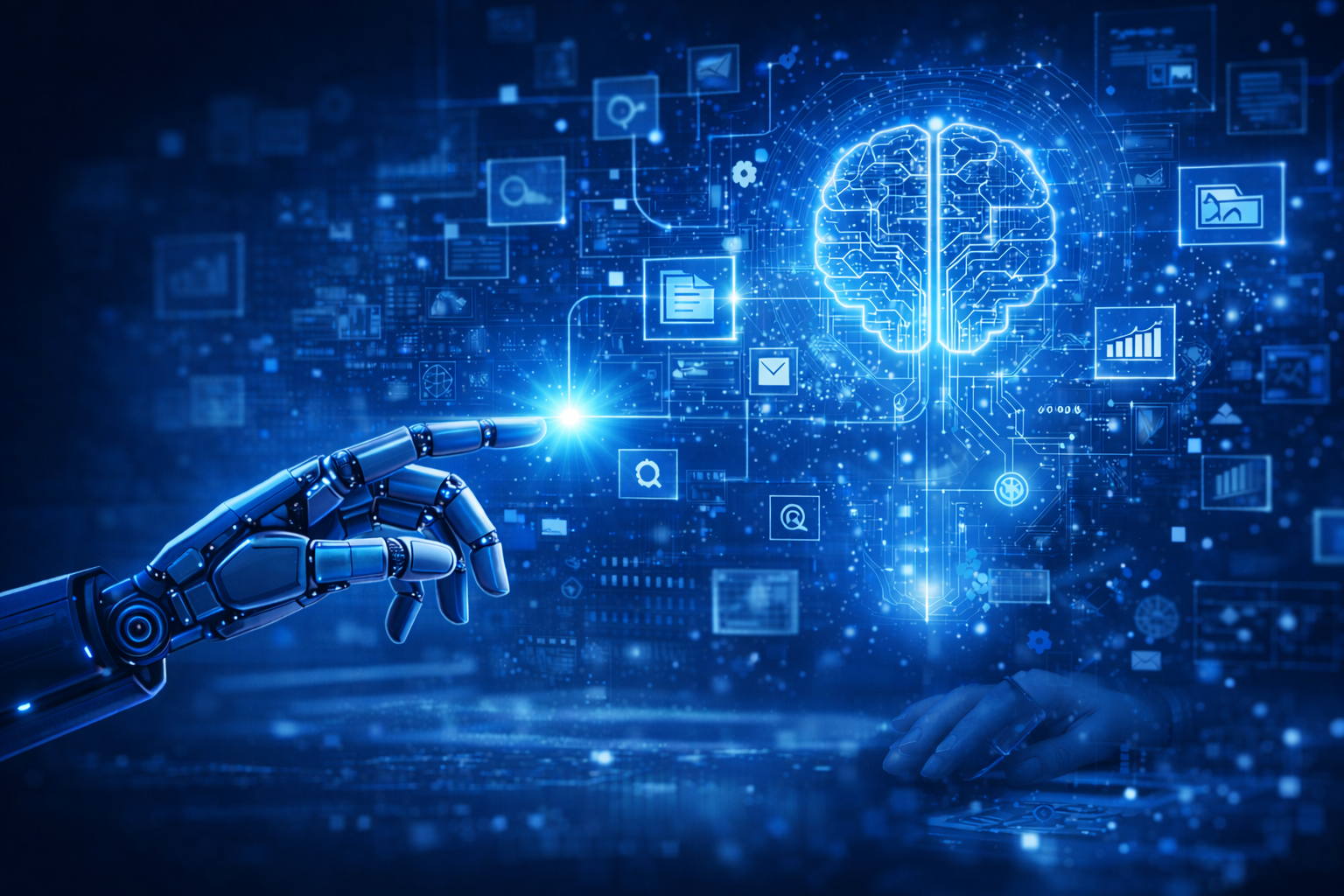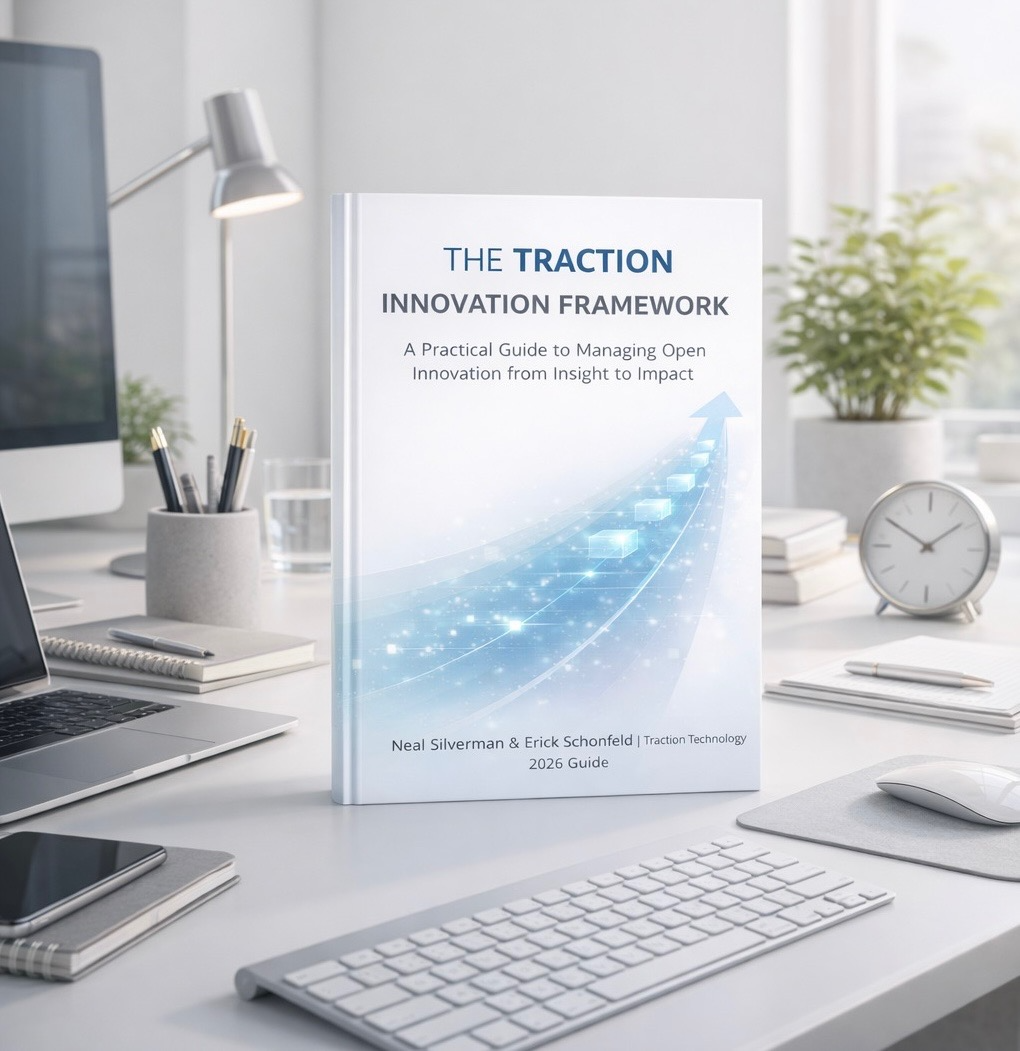The transportation industry stands at the cusp of a major transformation, with Open AI technologies taking center stage in reshaping how people and goods move across the globe. As we witness the convergence of artificial intelligence, machine learning, and big data, the sector is evolving rapidly to address the growing demands for safety, efficiency, and sustainability. In this new era, innovative solutions are being developed to tackle traffic congestion, optimize logistics, and reduce environmental impact, fundamentally changing the way we approach transportation.
In this post, we will delve into the exciting world of Open AI in transportation in 2023, examining the top technologies that are redefining the industry, the groundbreaking startups that are leading the charge, and the emerging trends that are set to revolutionize the sector in the years to come. Lets explore the fascinating potential of AI-powered transportation and its far-reaching implications for our everyday lives.
Current AI Use-Cases:
Autonomous Vehicles
Autonomous vehicles, also known as self-driving cars, use a combination of sensors, cameras, LiDAR, radar, and AI algorithms to navigate the roads safely without human intervention. These vehicles rely on advanced technologies, such as computer vision, machine learning, and data processing, to make informed decisions in real-time. Some potential benefits of AVs include:
Improved safety: By eliminating human error, AVs have the potential to reduce the number of accidents on the roads.
Increased accessibility: AVs can provide transportation solutions for the elderly, disabled, and those who are unable to drive.
Enhanced productivity: Passengers in AVs can use their travel time for work or leisure activities, improving overall productivity.
Reduced traffic congestion: AVs can communicate with each other and coordinate their movements, leading to more efficient use of road space and reduced traffic congestion.
Smart Traffic Management
Smart traffic management systems use AI and data analytics to optimize the flow of vehicles on the roads. These systems offer several advantages:
Reduced travel time: By optimizing traffic signal timings and providing real-time updates, smart traffic management systems can decrease overall travel time for commuters.
Better air quality: As vehicles spend less time idling in traffic, there is a reduction in fuel consumption, which leads to lower emissions and improved air quality.
Enhanced safety: Smart traffic management systems can identify potential traffic hazards and help prevent accidents.
Scalability: These systems can be easily scaled up to accommodate the growing traffic needs of urban environments.
AI-Powered Logistics
AI is transforming the logistics industry by automating various processes and optimizing supply chain operations. Some key applications of AI in logistics include:
Demand forecasting: AI can analyze historical data and market trends to accurately predict demand, enabling companies to optimize inventory levels and reduce stockouts or overstocking.
Route optimization: AI algorithms can identify the most efficient routes for transportation, taking into account factors like traffic, weather conditions, and delivery windows, leading to reduced fuel costs and improved delivery times.
Warehouse automation: AI-powered robots and autonomous systems can streamline warehouse operations by automating tasks like sorting, packing, and inventory management, leading to increased efficiency and reduced labor costs.
Last-mile delivery: AI can optimize last-mile delivery operations by assigning packages to the most suitable delivery agents and vehicles, resulting in faster deliveries and improved customer satisfaction.
The Traction Five Innovative Startups:
Zoox is a pioneering startup in the autonomous vehicle space, focusing on developing a purpose-built, fully electric, and self-driving vehicle for urban environments. With advanced AI technology, Zoox aims to provide a safe and efficient alternative to traditional car ownership and ride-hailing services.
Einride, a Swedish startup, is developing autonomous electric trucks for freight transportation. Their AI-powered vehicles, known as "Einride Pods," are designed to streamline logistics processes and significantly reduce emissions. The company aims to create a sustainable and efficient transport system by integrating their technology with existing transportation infrastructure.
Embark Trucks is a leading startup in the autonomous trucking industry. They are focused on developing self-driving technology for long-haul trucking to increase safety, efficiency, and cost-effectiveness. By automating highway driving and utilizing transfer hubs, Embark Trucks aims to revolutionize the freight transportation landscape.
Nuro is an innovative startup specializing in small autonomous delivery vehicles. Their electric, driverless vehicles are designed to transport goods, such as groceries, parcels, and food orders, directly to customers' doors. Nuro's mission is to improve local commerce while reducing traffic and emissions caused by traditional delivery methods.
Skyports is a startup that focuses on developing the infrastructure required for urban air mobility (UAM). They design, build, and operate vertiports – dedicated take-off and landing sites for electric vertical take-off and landing (eVTOL) aircraft. As urban air mobility becomes a reality, Skyports is well-positioned to support the integration of autonomous aerial transportation into existing urban infrastructure.
DeepRoute.ai is a startup specializing in full-stack autonomous driving solutions. They develop Level 4 autonomous driving technology, including perception, planning, and control systems, and provide solutions for a variety of vehicle types, from passenger cars to commercial vehicles. DeepRoute.ai aims to make self-driving technology more accessible, improving road safety and efficiency in the process.
Future AI Applications:
Hyperloop
The Hyperloop, a high-speed transportation system that uses near-vacuum tubes to propel passenger or cargo pods, is a promising technology for the future. By leveraging AI for optimal routing and energy management, the Hyperloop could revolutionize long-distance travel and cargo transport, making it faster and more sustainable than ever before.
Urban Air Mobility
Urban Air Mobility (UAM) is an emerging trend that envisions the integration of autonomous electric aircraft into urban transportation systems. AI will play a crucial role in ensuring the safe and efficient operation of these vehicles, enabling a new era of sustainable and congestion-free urban transportation.
Vehicular Communication Networks
As transportation systems become more interconnected, vehicle-to-vehicle (V2V) and vehicle-to-infrastructure (V2I) communication will play an increasingly significant role. These networks will enable vehicles to share information about traffic conditions, road hazards, and other data in real-time, improving safety, efficiency, and overall traffic flow.
Personal Rapid Transit (PRT)
PRT is an innovative concept in public transportation that involves small, automated vehicles operating on dedicated guideways. These systems offer on-demand, non-stop travel for passengers, providing a more convenient and flexible alternative to traditional public transit. By leveraging AI and other advanced technologies, PRT has the potential to revolutionize urban mobility.
3D-Printed Transportation Infrastructure
As 3D printing technology advances, we may see a shift towards the construction of transportation infrastructure using this method. This would allow for quicker development and deployment of roads, bridges, and other structures, potentially reducing costs and environmental impact. AI could be used to optimize designs and materials, ensuring maximum efficiency and sustainability.
Dynamic Charging Infrastructure
In the future, electric vehicles may be able to charge on the go, thanks to dynamic charging infrastructure embedded in roadways. This technology would allow vehicles to receive power wirelessly as they travel, eliminating the need for charging stations and making long-distance electric travel more feasible. AI would play a crucial role in managing this complex system and ensuring optimal energy distribution.
Biometric Identification and Personalization
As transportation systems become more advanced, we may see a greater integration of biometrics for identification and personalization. AI-driven systems could recognize passengers based on facial recognition or other biometric data, providing personalized travel experiences and enhancing security. This technology could be applied to various modes of transport, from autonomous cars to public transit systems.
Blockchain-Enabled Transportation
Blockchain technology has the potential to streamline various aspects of the transportation industry, from ticketing and payments to supply chain management. By leveraging distributed ledger technology, transportation systems can become more secure, transparent, and efficient. AI can be integrated with blockchain to further optimize processes and enhance data analysis.
Whats Next?
The transportation industry is undergoing a rapid transformation as it embraces Open AI technologies. By focusing on safety, efficiency, and sustainability, these innovations are poised to reshape the way we move people and goods around the world. As we continue to develop and implement these cutting-edge technologies, we can look forward to a cleaner, safer, and more efficient future for transportation.
How can Traction Technology help?
Traction Technology is a ground-breaking platform engineered expressly to eliminate internal innovation silos, thereby enabling enterprises to seamlessly collaborate and align their business needs with promising technologies. By providing dynamic features that promote collaboration and innovation, they aim to accelerate digital transformation in the enterprise.
Here's how Traction Technology can help:
.png)
Discovery of Relevant Startups: Traction Technology helps established companies discover relevant advanced technologies aligned with their strategic goals and innovation areas. It curates startups based on different industries, technology trends, and areas of business interest, making it easier to find potential partners or investment opportunities and share this information across the enterprise.
Collaboration and Engagement Tools: Traction Technology offers tools that help manage the engagement process with startups. It provides a structured approach to evaluating, tracking, and managing interactions with multiple startups across multiple project and pilots, improving efficiency and collaboration.
Data-Driven Insights: The platform provides data-driven insights to help make informed decisions. This includes information on startup funding, growth indicators, customers and competitors, which can help in assessing potential startup partnerships.
Innovation Pipeline Management: Traction Technology aids in managing the innovation pipeline. It helps companies capture ideas and request and track innovation projects, monitor progress, and measure results in real time, promoting a culture of continuous innovation.
Track KPIs and Generate Custom Reports: Effortlessly track Key Performance Indicators (KPIs) with real time dashboards and generate custom reports tailored to your organization's unique requirements. Stay
.png)
ahead of the curve by monitoring projects progress and engagement.
By leveraging a platform like Traction Technology, established companies can gain a competitive edge, driving their digital transformation journey and adapting to the fast-paced business environment. It supports the integration of startup agility, innovation, and customer-centric approach into their operations, which is critical for success in the digital age.
About Traction Technology
We built Traction Technology to meet the needs of the most demanding customers, empowering individuals and teams to accelerate and help automate the discovery and evaluation of emerging technologies. Traction Technology speeds up the time to innovation at large enterprises, saving valuable time and money by accelerating revenue-producing digital transformation projects and reducing the strain on internal resources, while significantly mitigating the risk inherent in working with early-stage technologies.
Let us share some case studies and see if there is a fit based on your needs.
Traction Report Update: 23 ways AI could transform your business in 2023.
For more information
● Explore our software and research services.
● Download our brochure: How to Evaluate Enterprise Startups.
● Watch a demo of our innovation management platform and start your free trial.










.webp)